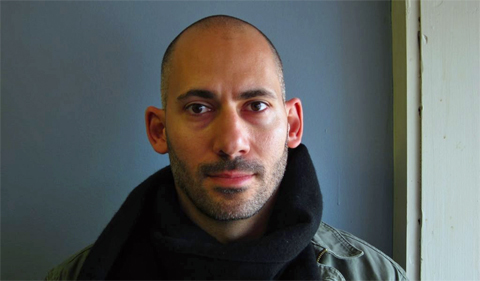
Dr. Ziad Abu-Rish
A number of media outlets reporting on Jordanian protests and their aftermath interviewed and quoted Dr. Ziad Abu-Rish, Assistant Professor of History at Ohio University. Abu-Rish’s primary research interests focus on state building and economic development in Jordan and Lebanon.
The Hashemite Kingdom of Jordan has featured over a week of protests. The immediate spark of the protests was the Jordanian cabinet’s proposed new income tax law and increases in the price of fuel and electricity. The cabinet in power subsequently resigned, and a new cabinet is being formed.
On BBC World Service, Abu-Rish commented on the debate about whether the influx of Syrian refugees can explain Jordan’s economic difficulties. He pointed out that the economic crisis in Jordan is a long-term one, as proven by the lack of Syrian refugees during similar protests in 1989 and 2012. Listen to the interview, which begins at the 5-minute and 6-second mark of the show.
Middle East Eye quoted Abu-Rish discussing the broader context in a story headlined “How Jordan brought its economic woes on itself.”
While officially budgeted at $1.87bn, with some $350m a year funded by the U.S., the total amount spent by the armed forces, the General Intelligence Directorate (GID) – the country’s mukhabarat – and the royal court is not disclosed. So secretive is military spending that there is not even a defence ministry.
It’s this lack of transparency that has made austerity measures and tax increases hard to swallow for many Jordanians, said Ziad Abu-Rish, a professor of Middle Eastern history at Ohio University and co-editor of Jadaliyya, who is also Jordanian.
“The argument that there is a budget deficit and you have to cut spending makes it sound more innocent than things are. We don’t know what the budget actually looks like to determine if these are the necessary cuts as we’ve very little sense of what percentage of the state budget the military and royal institutions represent, and how that money is being used. And I should be clear: we as Jordanian citizens are discouraged from discussing these things and sometimes criminalised,” Abu-Rish said.
“So the idea of cutting a safety net at the same time as increasing unemployment and poverty, and a decrease in purchasing power, makes no sense as far as the population is concerned,” he said.
…
“For 25 years, each different government claims it will reform the economy, so if we’ve the highest unemployment in 25 years, such reforms have been a complete failure, and who is accountable for that?” Abu-Rish said.
“We need to acknowledge there is a monarchy that has overwhelming concentration of political power, and a cabinet can come and go at the will of the king. It was the royal court that decided who was in cabinet, and it brought in (prime minister) Hani al-Mulki and his group in, and brought them out, and is now bringing a new group in.”
Read the full Middle East Eye article.
Al-Ahram Weekly also quoted from Abu-Rish’s Middle East Eye interview in a story headlined “Jordan’s troubled economy.”
In Spring 2018, Abu-Rish taught HIST 3372 Protests, Rebellions, and Revolutions in the Modern Middle East for the first time at Ohio University. In Fall 2018, he is teaching HIST 3371 Middle East History, 1500-Present.
For more on Abu-Rish’s research and teaching interests, visit his department profile.


















Comments